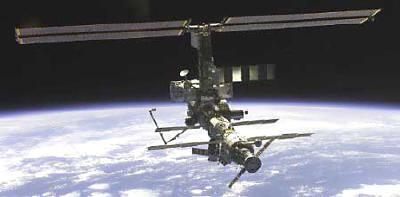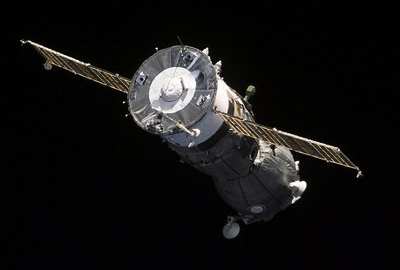Wed, Mar 31, 2004
Advertisement
More News
 ANN's Daily Aero-Term (04.24.24): Runway Lead-in Light System
ANN's Daily Aero-Term (04.24.24): Runway Lead-in Light System
Runway Lead-in Light System Runway Lead-in Light System Consists of one or more series of flashing lights installed at or near ground level that provides positive visual guidance a>[...]
 ANN's Daily Aero-Linx (04.24.24)
ANN's Daily Aero-Linx (04.24.24)
Aero Linx: Aviation Without Borders Aviation Without Borders uses its aviation expertise, contacts and partnerships to enable support for children and their families – at hom>[...]
 Aero-FAQ: Dave Juwel's Aviation Marketing Stories -- ITBOA BNITBOB
Aero-FAQ: Dave Juwel's Aviation Marketing Stories -- ITBOA BNITBOB
Dave Juwel's Aviation Marketing Stories ITBOA BNITBOB ... what does that mean? It's not gibberish, it's a lengthy acronym for "In The Business Of Aviation ... But Not In The Busine>[...]
 Classic Aero-TV: Best Seat in The House -- 'Inside' The AeroShell Aerobatic Team
Classic Aero-TV: Best Seat in The House -- 'Inside' The AeroShell Aerobatic Team
From 2010 (YouTube Version): Yeah.... This IS A Really Cool Job When ANN's Nathan Cremisino took over the lead of our Aero-TV teams, he knew he was in for some extra work and a lot>[...]
 Airborne Affordable Flyers 04.18.24: CarbonCub UL, Fisher, Affordable Flyer Expo
Airborne Affordable Flyers 04.18.24: CarbonCub UL, Fisher, Affordable Flyer Expo
Also: Junkers A50 Heritage, Montaer Grows, Dynon-Advance Flight Systems, Vans' Latest Officially, the Carbon Cub UL and Rotax 916 iS is now in its 'market survey development phase'>[...]
blog comments powered by Disqus





